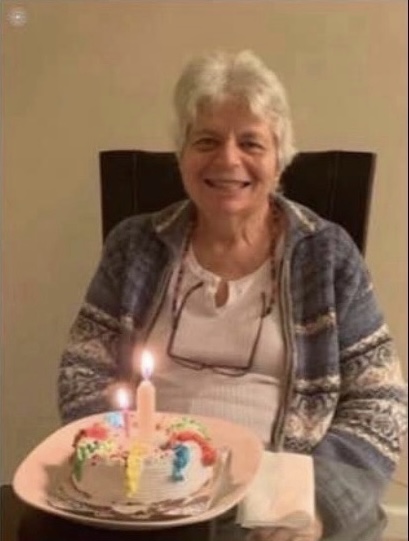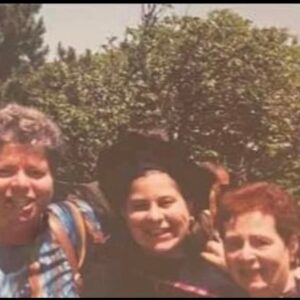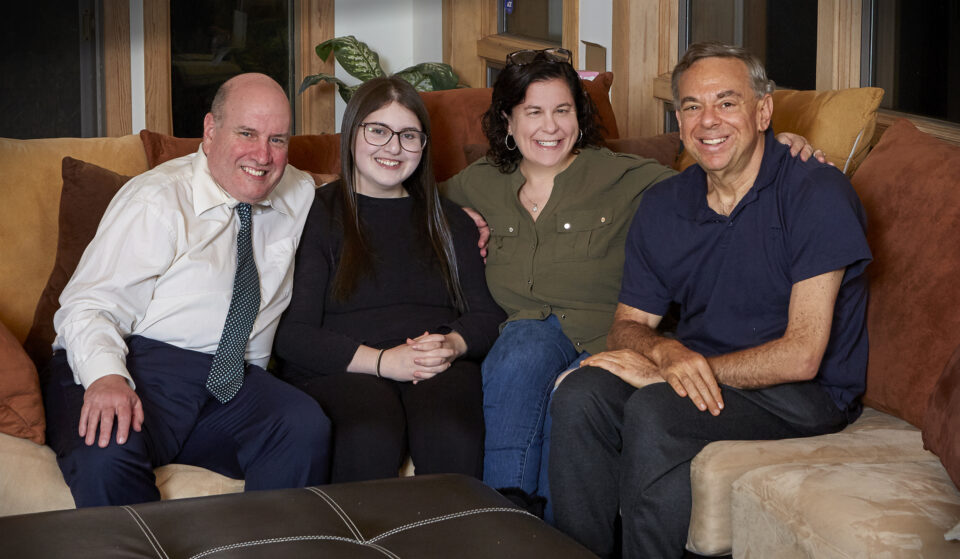Guardianship Abuse – Causing Serious Concern for American Families
By Christine Montanti
Imagine waking up one day only to find you are suddenly blocked from complete access to your loved one without any evidence of wrongdoing. Inconceivably, this is becoming a common occurrence nationwide, and the practice of isolating vulnerable individuals from their loved ones is tearing American families apart. Presently, there isn’t any legal mechanism in the state’s legislatures to protect the rights of vulnerable individuals and their loved ones from preventing this type of guardianship abuse.
The truth is, unless you have actually gone through the elder care court system yourself and lived this American guardianship nightmare, you can’t even begin to comprehend the level of torment it causes for both you and your loved one. There are numerous guardianship abuse cases being reported nationally every year. This is in addition to a significant amount of research that reveals the extreme negative impact that isolation has on vulnerable individuals. Sadly, as a result of the isolation, deprivation and overmedication, many of these victims deteriorate rapidly both physically and mentally often resulting in premature death before they are ever freed from the system.
High-profile conservatorship and guardianship cases such as Britney Spears and Wendy Williams, revealed countless allegations of excessive control and financial abuse by court-appointed individuals who were entrusted to protect these celebrities’ interests. These cruelties were detailed in the respective films, Where is Wendy Williams? On Lifetime and Britney Vs. Spears on Netflix. Unfortunately, no one is immune from guardianship abuse. This type of legal manipulation does not discriminate, and it really doesn’t matter how prominent or celebrated the individual is, as countless probate courts across the country are incapacitating vulnerable individuals involuntarily, regardless of their financial standing, race or ethnicity.
The dramatic Netflix thrillers I Care Lot, and Take Care of Maya have also depicted the appalling actions of court-appointed guardians and have exposed their unspeakable, horrific plots against unsuspecting vulnerable individuals. In these films, the guardians place their victims in solitary confinement-type scenarios as if they were convicted prisoners and block their victim’s access to loved ones.
One particular case you may not have heard of despite being in the news recently, is the case of Barbara Musikar and her daughter Illana Musikar This specific guardianship story is a clear example of one woman’s motivation to help her mother, and, unbelievably as a result, she now faces a real threat of jail time. The danger of being arrested is a common tactic used in many guardianship cases to completely block family members’ access to their loved ones. Despite guardians lacking any evidence of wrongdoing, unscrupulous guardians often gain unwarranted familiarity with judges presiding over their cases and, essentially, are given carte blanche to do whatever they want in overseeing the care of their wards. This could mean anything, even blocking entire families from the alleged incapacitated individual, and is the precise reason why legislation is so badly needed to protect the rights of family members and vulnerable individuals.

This guardianship case focusses on 81-year-old Barbara Musikar, who lived with her daughter, Illana. Illana affirms that following a medical procedure, it was decided for her recovery that Barbara should temporarily move to Illinois to stay in a facility near her other daughter, as Illana was concurrently dealing with another immediate family member’s health issue. The move to Illinois was intended as a temporary arrangement for medical recovery not a permanent residence change for Barbara.
During this period, Illana’s sister obtained a medical power of attorney, revoking the one previously held by Illana and placed Barbara in an assisted living facility which restricted Illana’s access to her mother. Tensions escalated when Illana’s sister allegedly attempted to prevent Illana’s family from taking Barbara out to lunch, leading to police intervention which allowed the outing with Illana and family to proceed. Illana asserts that Barbara has expressed not only in several court documents, but also on the phone and in person during supervised family visits that she wants to come back to live in New York.
Many aging adults such as Barbara have already carefully planned for their elder years by executing legal advanced health care directives. Illana’s mother and father had also done so and specifically appointed Illana to be both their Health Care Surrogate (HCS) as well as their Power of Attorney (POA). However, in many cases, probate courts seemingly toss aside these documents and invalidate them.

According to Illana, the situation in the case of Barbara Musikar intensified after Cook County Probate Court appointed Illana’s sister as Barbara’s guardian, despite questions regarding jurisdiction given Barbara’s New York residence. The court issued orders prohibiting Barbara’s removal from her assisted living facility, restricting Barbara from hiring her own attorney, and limiting her communication with Illana and other family members. Both Illana and her husband Michael, who are licensed practicing attorneys in New York, state were blindsided by the tactics of the Cook County Probate Court System. Illana reveals, Barbara’s expressed wish was to spend time freely with her family, and her desire was ignored and her mother has not been deemed incapacitated. So, why is Barbara’s desire to spend time outside her assisted living facility with Illana being restricted? Illana affirms Barbara was recently placed in a locked section of the Assisted Living Facility despite never being declared incapacitated causing great concern to Illana and her family.

Illana explains that Barbara never had a Suggestion of Capacity hearing. Frequently, these hearings are known to be extremely problematic; for example, courts will appoint their own medical examiners to conduct the capacity evaluations who receive payment directly from the alleged incapacitated person’s (AIP) trust. Oftentimes, many of the court-appointed doctors conducting the actual evaluations, aren’t even psychiatrists, they are internists and psychologists. In many cases, the courts won’t permit testimony from the doctors treating the alleged incapacitated person, the same doctors who have been providing ongoing care and who have already had the AIP undergo evaluations in which they were determined to have capacity. Even worse, many times, courts will not allow opposing counsel to question the medical examiner’s decision of incapacity during the hearing.
As a result of Illana’s efforts, she now faces potential jail time for allegedly purchasing a plane ticket to facilitate Barbara’s return to New York. On the surface, it appears that the guardianship court system is designed to protect the rights of vulnerable individuals; however, it is a system that is susceptible to abuse by unscrupulous court- appointed guardians, care managers, attorneys and power of attorneys. This is the precise reason why legislation is so desperately needed to protect the rights of vulnerable individuals and their loved ones..


